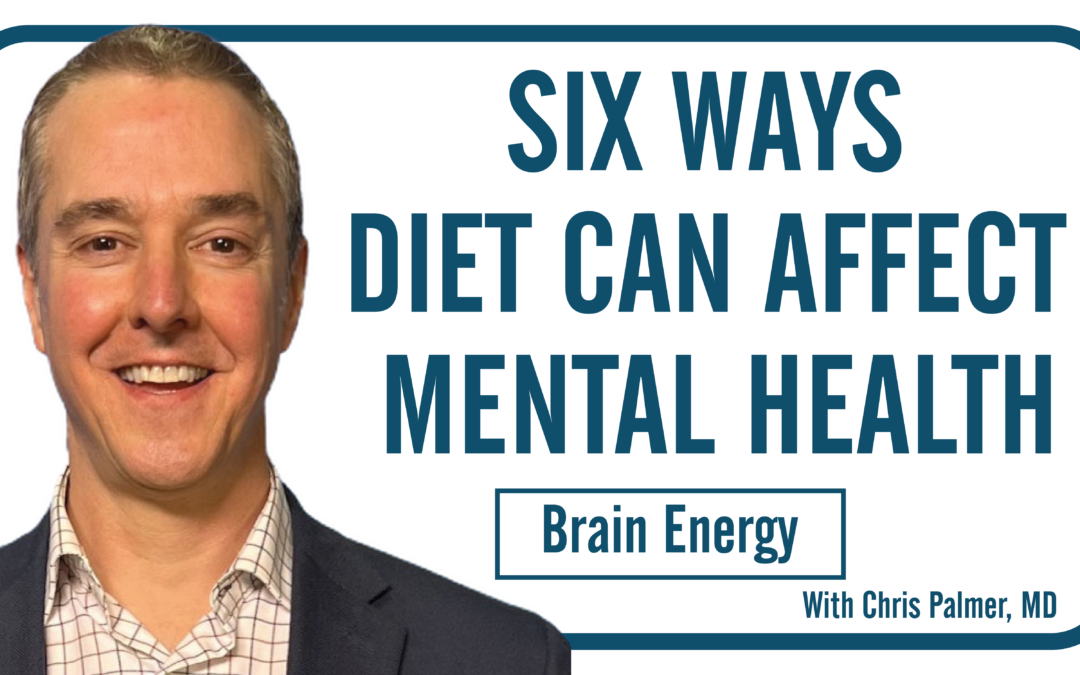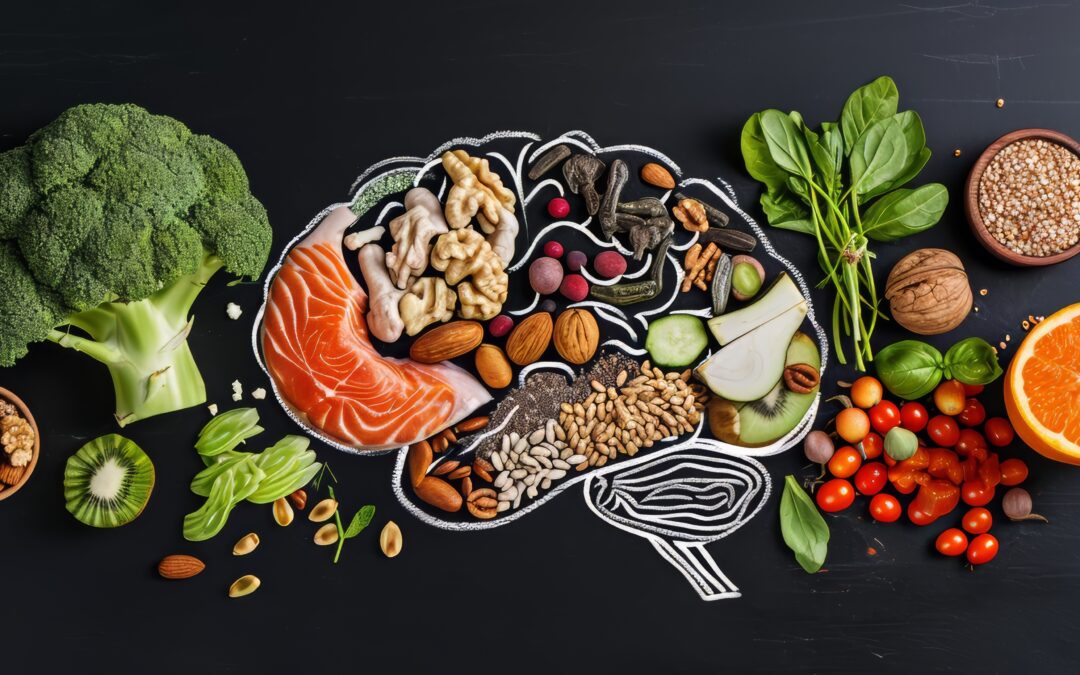One of the most frustrating and overlooked problems in psychiatry is the way diagnostic labels are too often mistaken for causes. It’s a subtle but profound error that shapes the entire field. Take these common examples: “She has hallucinations because she’s...












